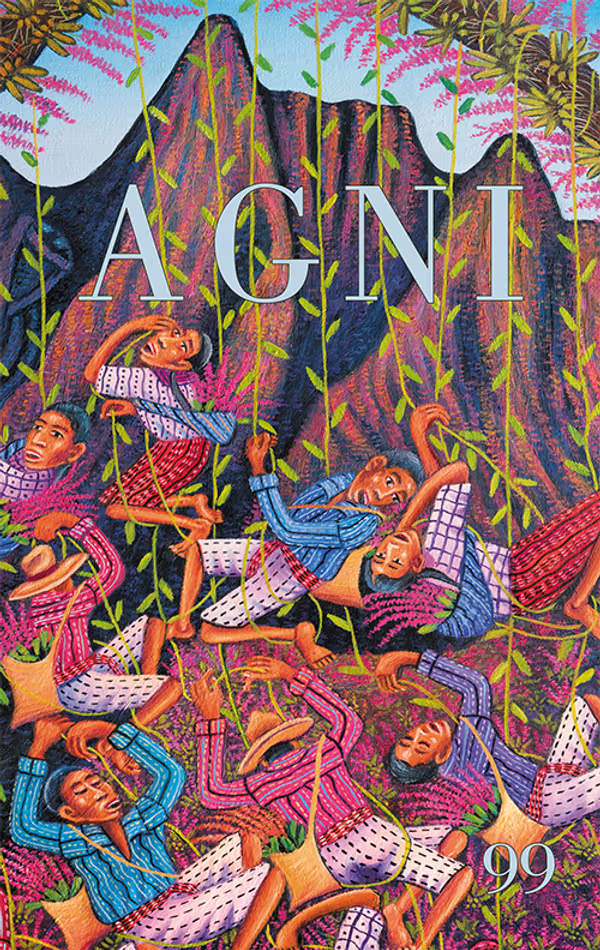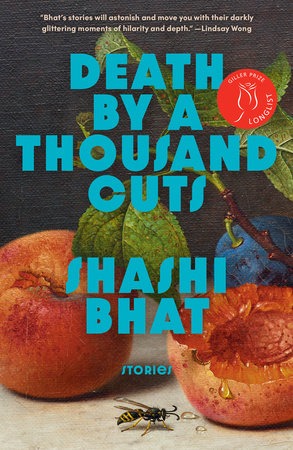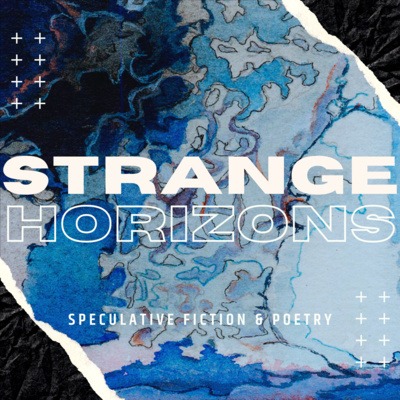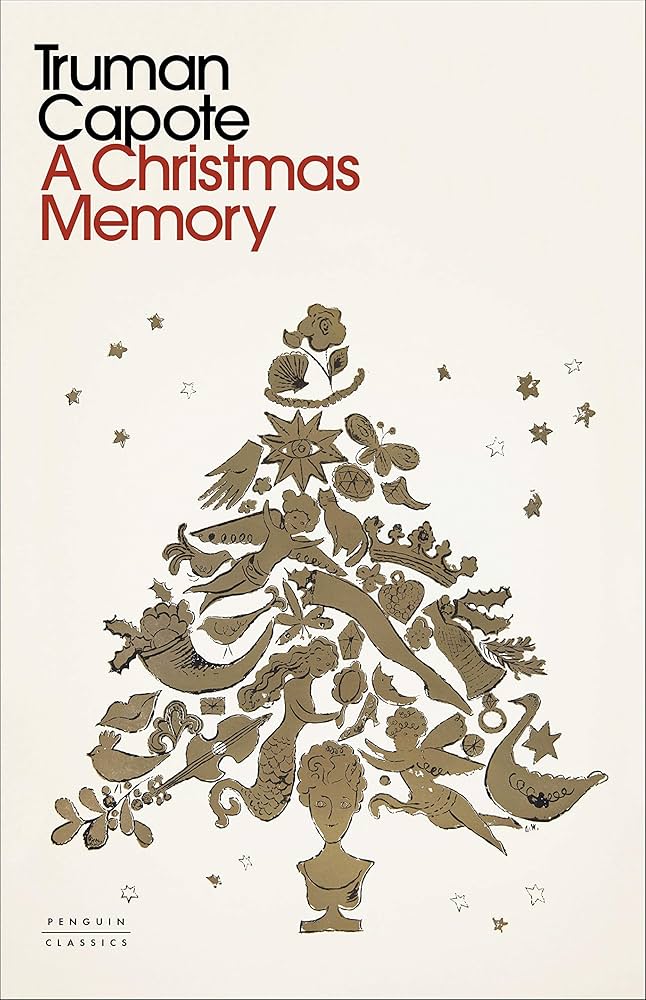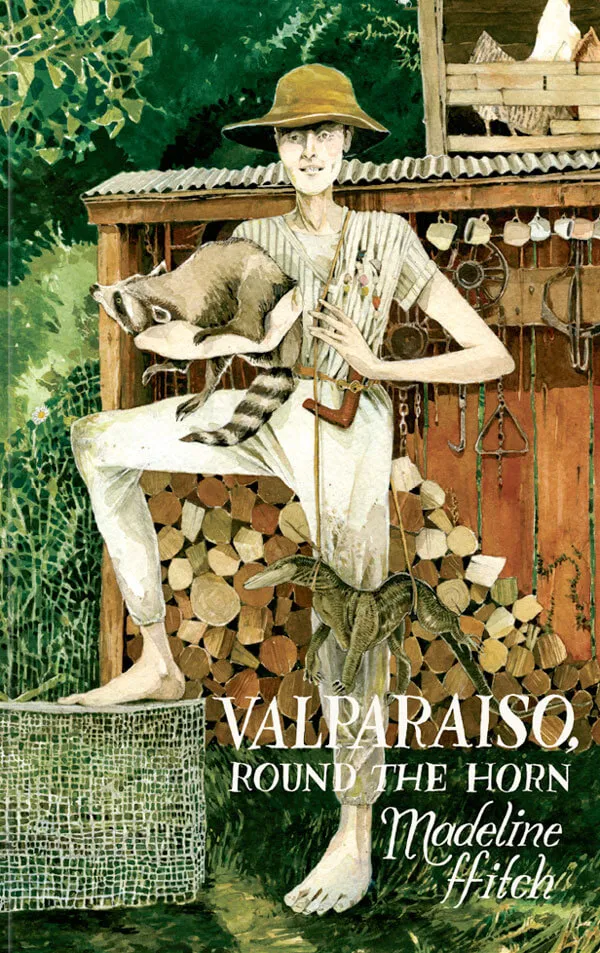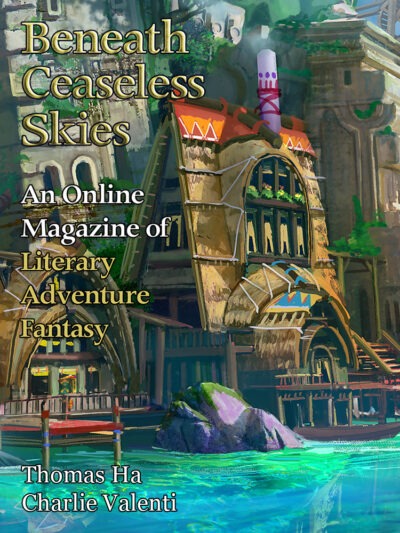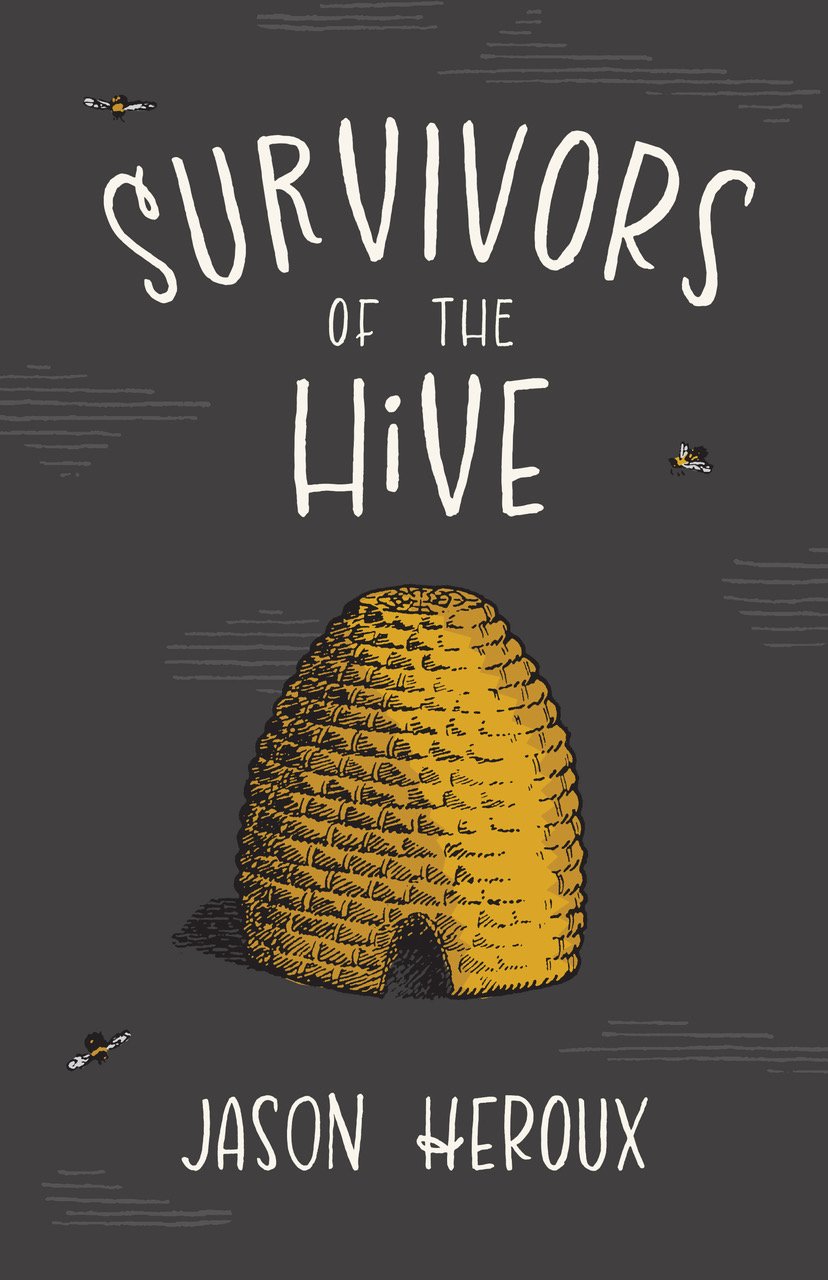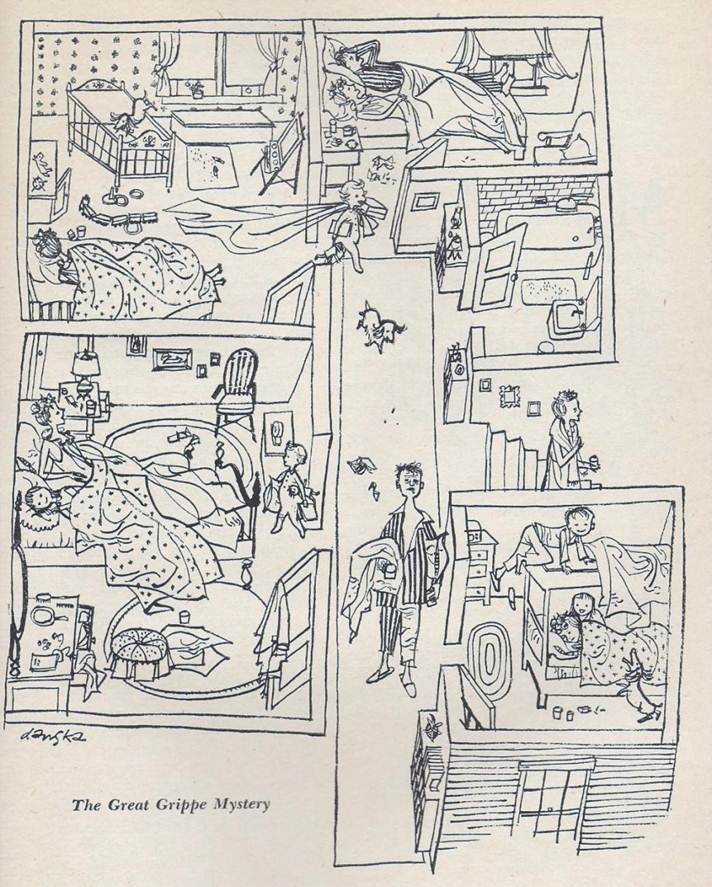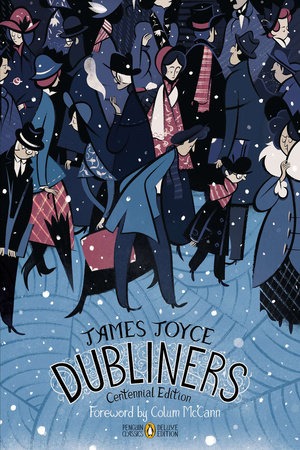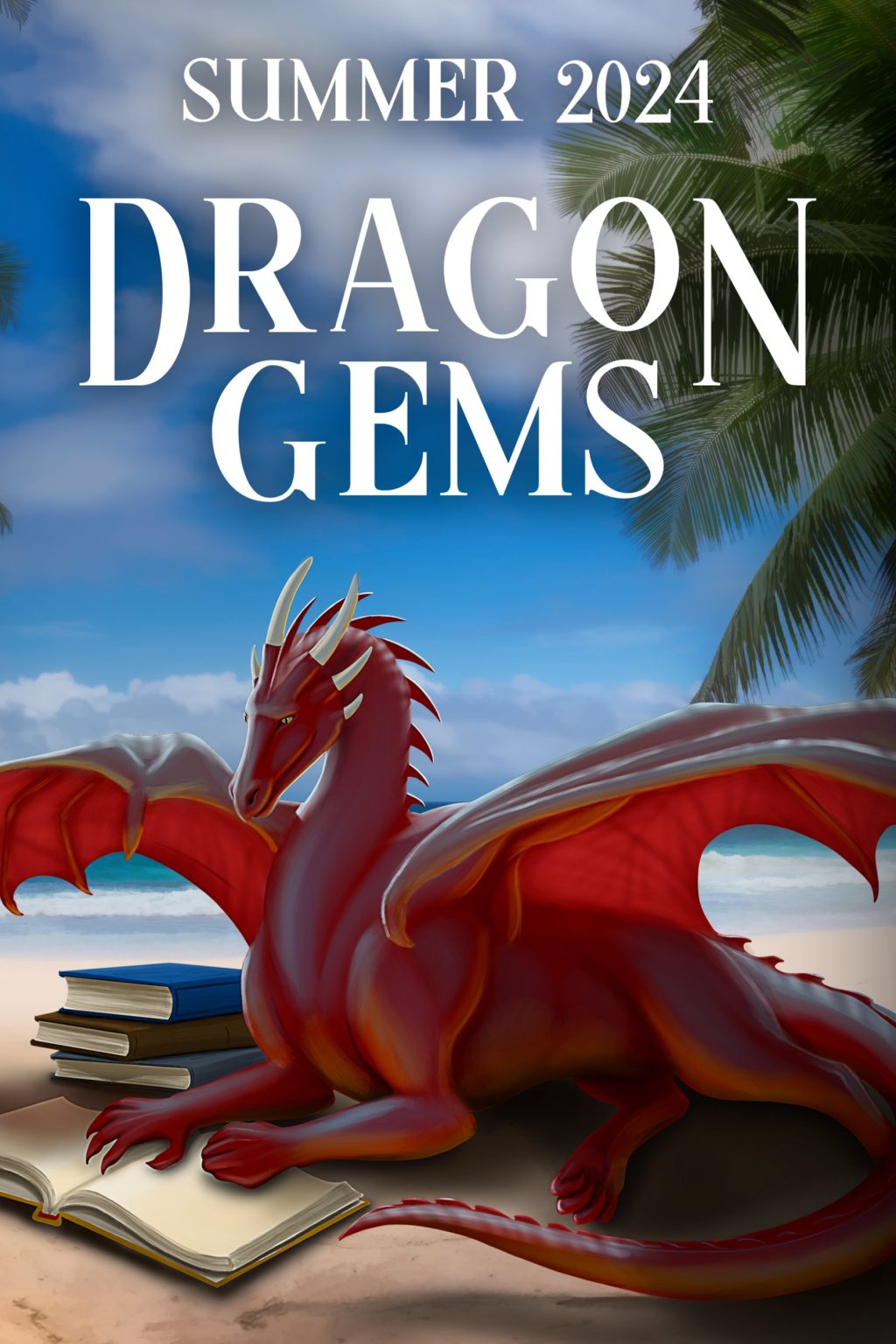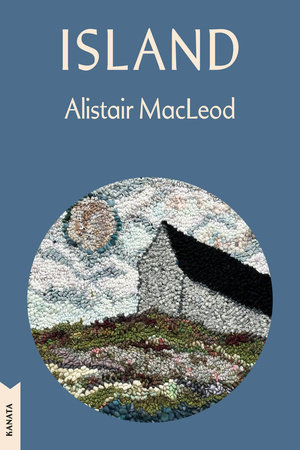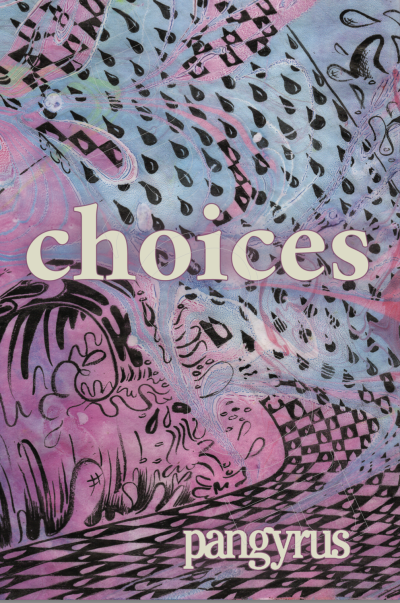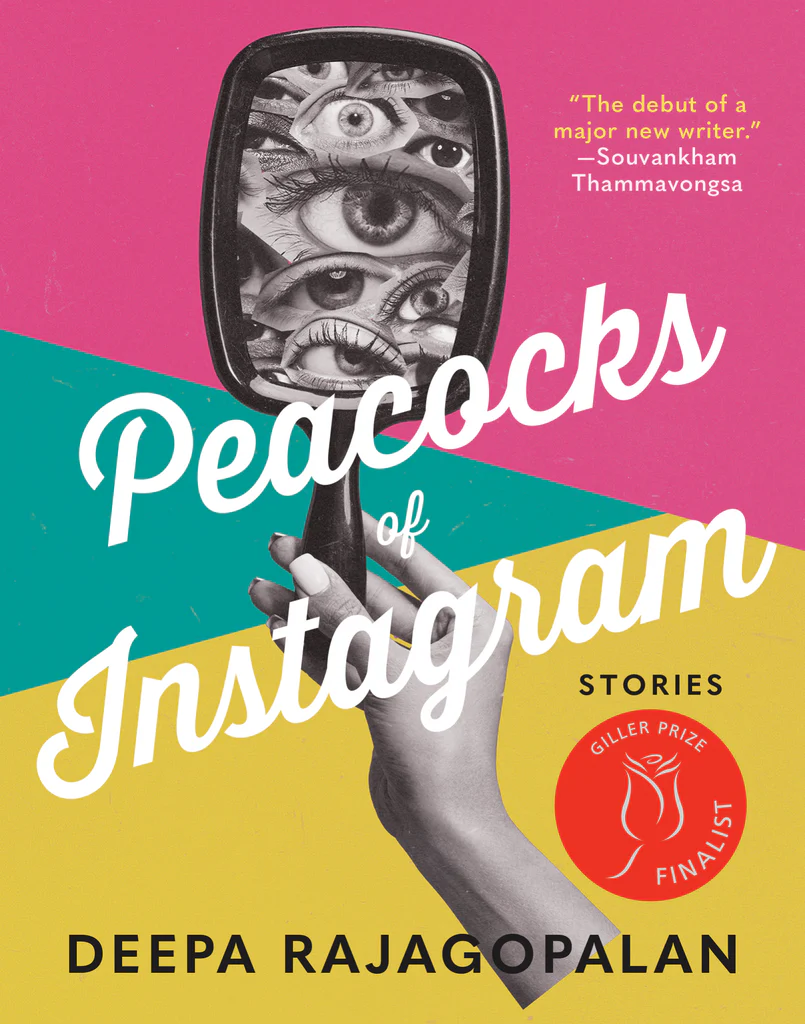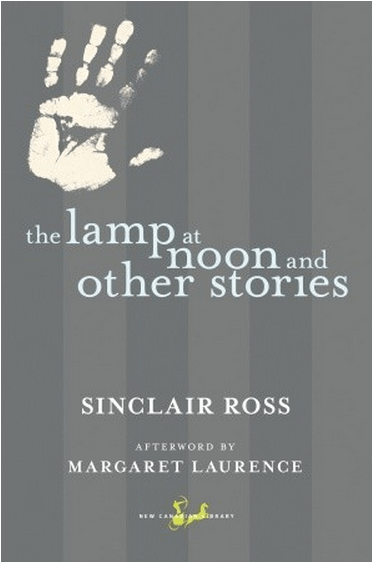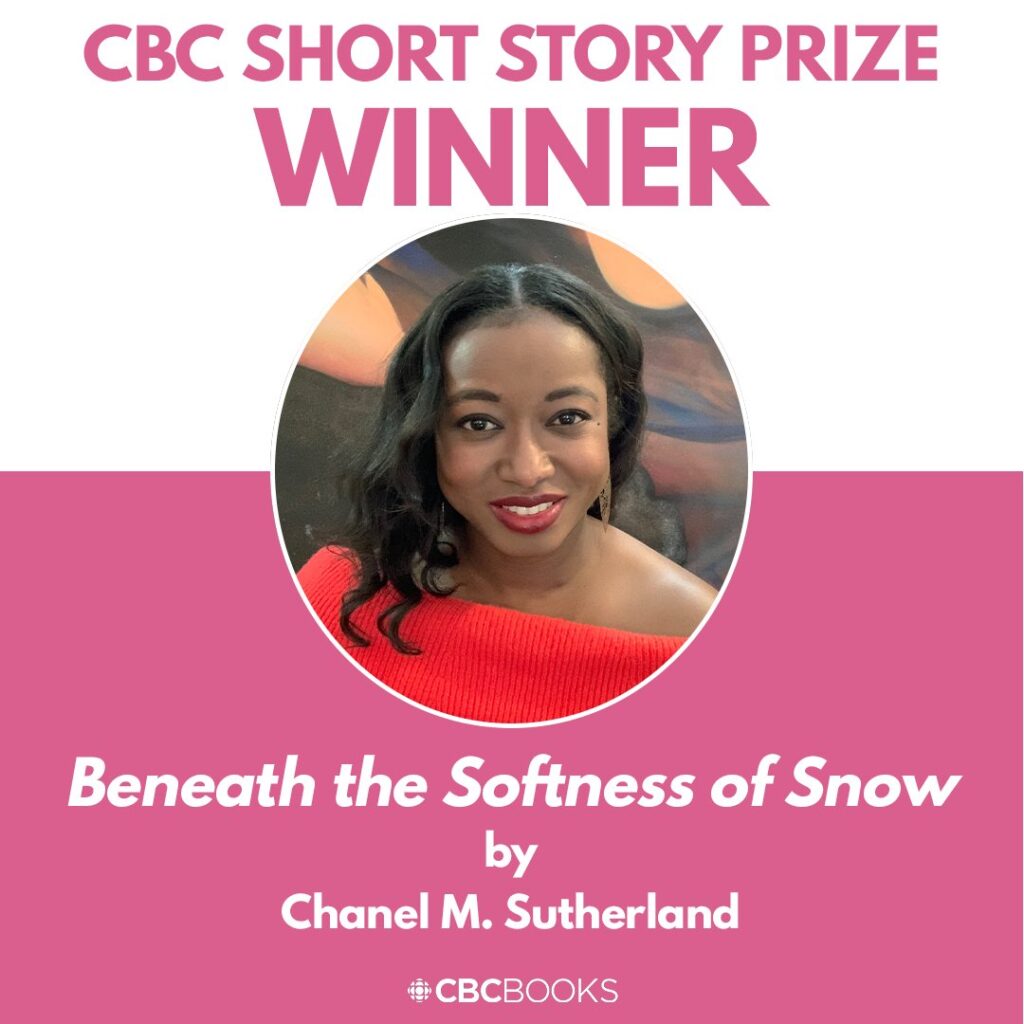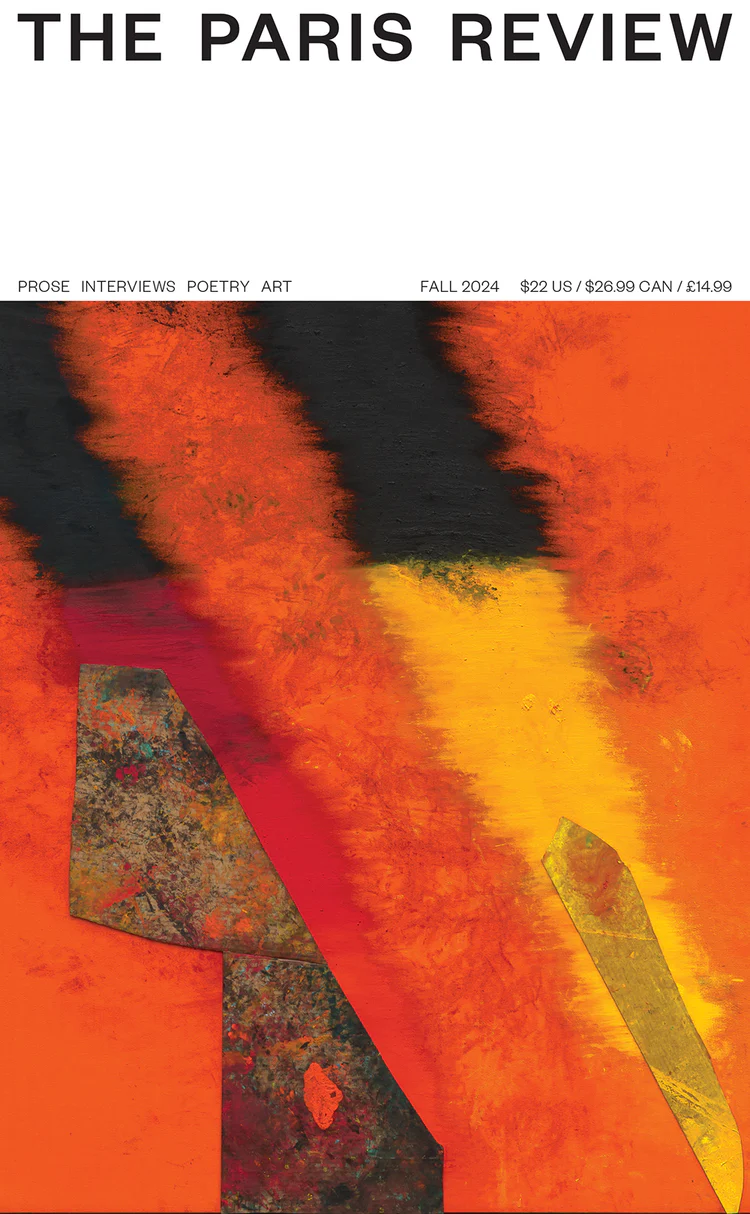Pride Month Reads
In honour of Pride Month, we’ve rounded up some works across our nonfiction, fiction, and poetry publications which centre 2SLGBTQIA+ characters, stories and authors. These reads will be accessible online regardless of subscription status until August.
Nonfiction
“In Life and Writing” by Alena Papayanis
“I’ve done the same thing in life even when the thesis wasn’t my own, even if it was handed to me by my parents or my religion. I worked to make it a reality.”
“Homebodies” by J.P. Letkemann
One time, we were raking leaves at my father’s cottage, and Ben rushed toward me excitedly. “Look, Jake! Look what I found!” he said. “A butterfly cocoon!”
In his hand, he was holding a pinecone.
To this day, he maintains he was joking.
“Mother and Child” by Dora Dueck
But if I claim the icon’s gravity and harmony for the occasion of our daughter’s coming out, I certainly cannot claim its serenity. She was nervous. She spoke slowly and carefully, consulting her papers, and beneath my held-calm exterior, my guts were roiling as I grasped what she’d said.
A revised version of “Mother and Child” appears in Return Stroke: essays & memoir
“The Plague Came with No Directions” by thom vernon
We kids balanced on the tips of our toes. Ready to bolt, duck, or escape. An attack could come anytime or anywhere. There were always incoming missiles. Once I made the mistake of shoveling an elderly neighbour’s sidewalk without asking the woman first.
“White Sneakers” by Tim McCaskill
People stop in the street to look at us as we pass, and we begin to feel like our glowing illuminated futuristic feet are a bit out of place. Yes we’re tourists, but we’d hoped to be maybe a little less obvious.
“How to Make a Gay Icon” by Kevin Shaw
While Garten will tell you that very cold butter is required to make the best biscuits, the ingredients for making a gay icon are less precise.
Fiction
“Yes, this place is haunted, but only by tragedy. “But I’m still here.” I whisper to myself, each word a breathless realization of what Sarah had been trying to say this entire time. Of what my mother was hurt about. Of why it felt like everyone was moving ahead without me.”
“Beyond Beauty and Death” by Michele Wong
Over here, it’s hard to know who is whose protector. Half the time when Thai locals show us their beach ware or invite me to a nightclub, my brother flexes his biceps protectively which does nothing more than bring in a bevy of younger Thai of all orientations, all of whom I shoo away maternally.
“4 AM” by Emmy Nordstrom Higdon
Following a colour-coded barrage, the day’s square in Ami’s calendar held a single word. SABBATICAL, pencilled in her teacher-quality capital letters. An unfamiliar anxiety slithered up her back.
“Carve Our Names” by Nadja Lubiw-Hazard
We’re skimming along the surface of the lake, the blades of our paddles dipping and pulling through the water with a steady synchronicity, and as we do, a burst of clarity flashes through me, brighter than the sunlight glittering on the water. A fleeting moment of wild faith hits me – I can be happy again!
Content warning: fatphobia, body shaming, light body horror
My body feels sluggish. I was excited this morning for the party. Even the thought of my extended family sleeping over didn’t faze me. But these days I often speak of excitement in the past tense.
“String Theory” by Jake Tobin Garret
Your dad’s job is so cool, Sam and Marlon said. He just gets to play video games all day. Kyle had shrugged. He didn’t tell them that his dad’s job mostly consisted of him squinting in front of a computer screen for hours typing tiny symbols and letting out frustrated grunts. Leave it to his dad to make even video games boring.
“Condolence” by Benjamin Lefebvre
…the prospect of entering a church for a funeral after learning how narrowly he’d missed being invited to join his friends for the most awkward-sounding threesome during a block of time in which his sex life had come to a screeching halt seemed to be beyond the realm of common decency.
Content warning: themes of abuse, intimate partner violence
When you finish, she lets loose a long and gusty sigh.
“So you remember standing in front of a building,” she says. “And?”
You guess that’s all it is, really, although it feels like so much more.
Harold looks down at the floor. “Sorry. I’ve been trying to quit,” he sighs. “I didn’t think it was that noticeable.”
Roger wants to lecture him that smoking is nothing more than drawn-out suicide. That one day, his lungs will revolt and metastasize their anger. And long before he’s meant to reach his demise, he will lie in the dark of a bedroom, encasing him like a tomb and drown in his own fluids. “Promise me you’ll try harder to stop, Harold.”
Poetry
“That Time I Called An Auntie A Bitch” by Grace Lau
I’d stolen
her joy, proved my very existence
was sin
yet again.
Three Poems by Mattew Stepanic
Content warning: mass shooting
Our tongues are weighted to hold down truths,
our legs ever alert, and our endurance
innumerable years long.
“Christmas In July” by Kevin Shaw
More than a dozen television
holiday romances will be shot in the capital
this year. Many of them star my nineties icons,
their familiar faces uncannily preserved, oversweet
and taut as frosted sugar cookies.
“Book of Silence” by Helen Robertson
I can’t help but fumble. I was raised
A boy. Pressured by peers to never express
The wrong emotion. “See him there, crying?
Don’t be him or be cast out the same.”
from bloom to brown, they’re cut down, yes. With wizened
stem nubs left protruding, unsightly, they’re a warning
to others who might think each peak should accentuate
a decline. There isn’t time to bend to the will of fluctuating
seasons. This is the practice of enforcing constraints.
This is a battle of wills
“Michif in Public” by Chase Everett McMurren
I am learning the language as it disappears.
Learning from an app on my phone, that is.
Thank you to our featured writers for sharing these stories.
Photo by Raphael Renter on Unsplash


